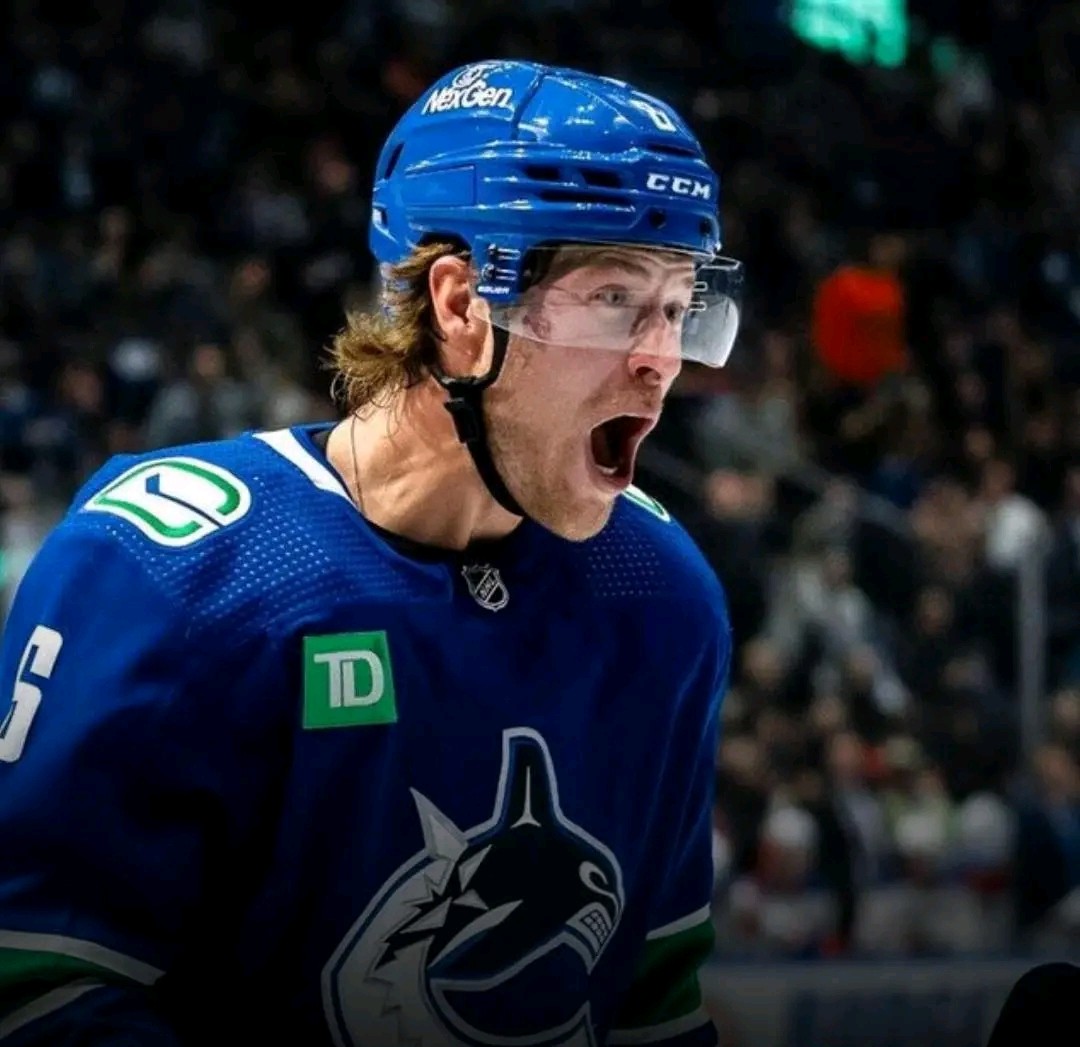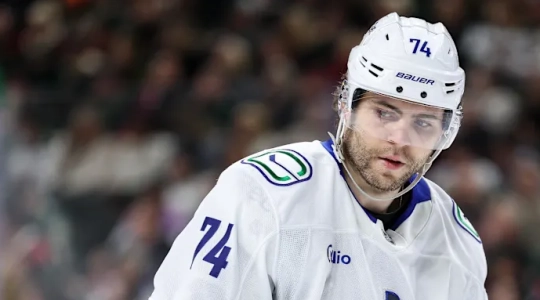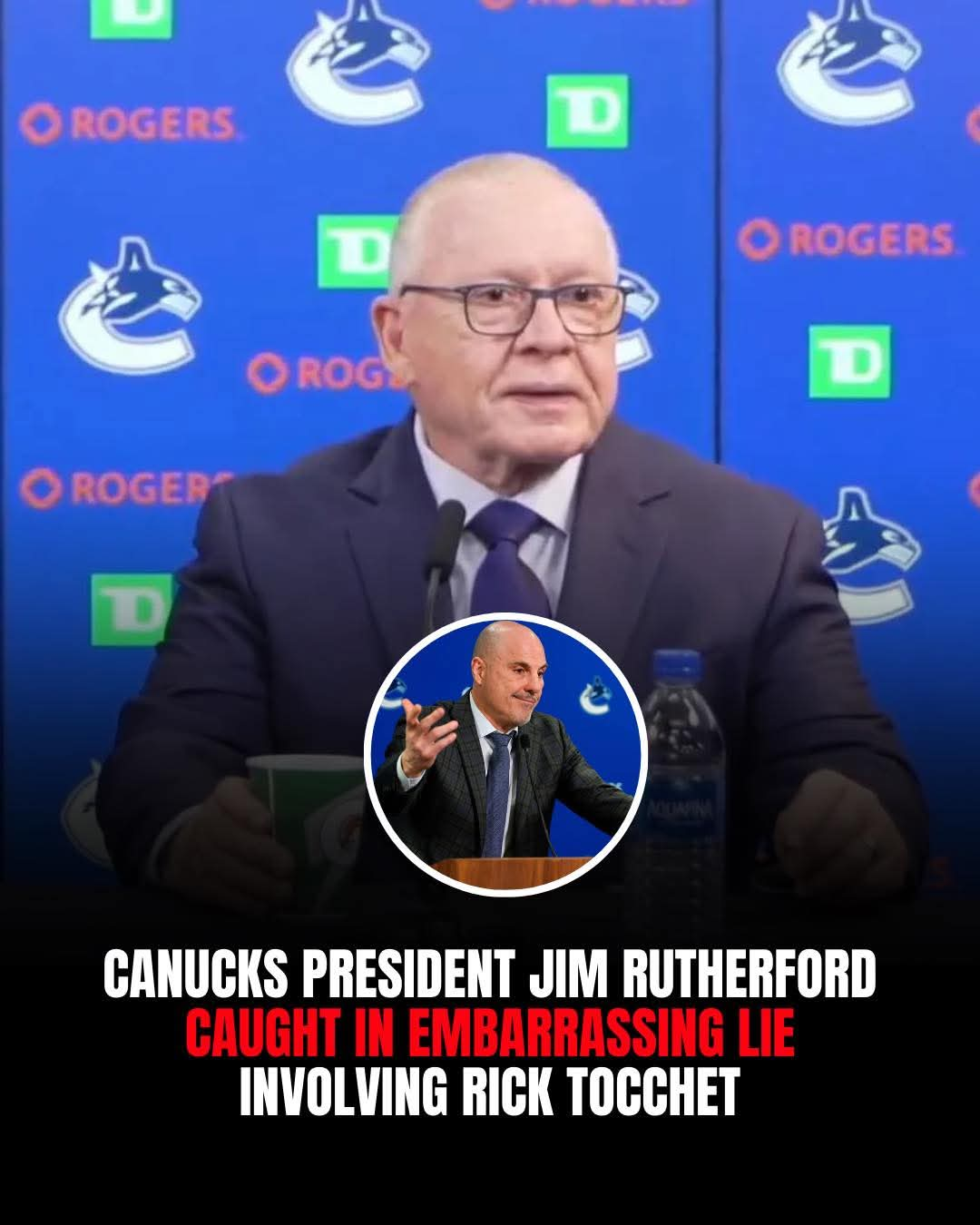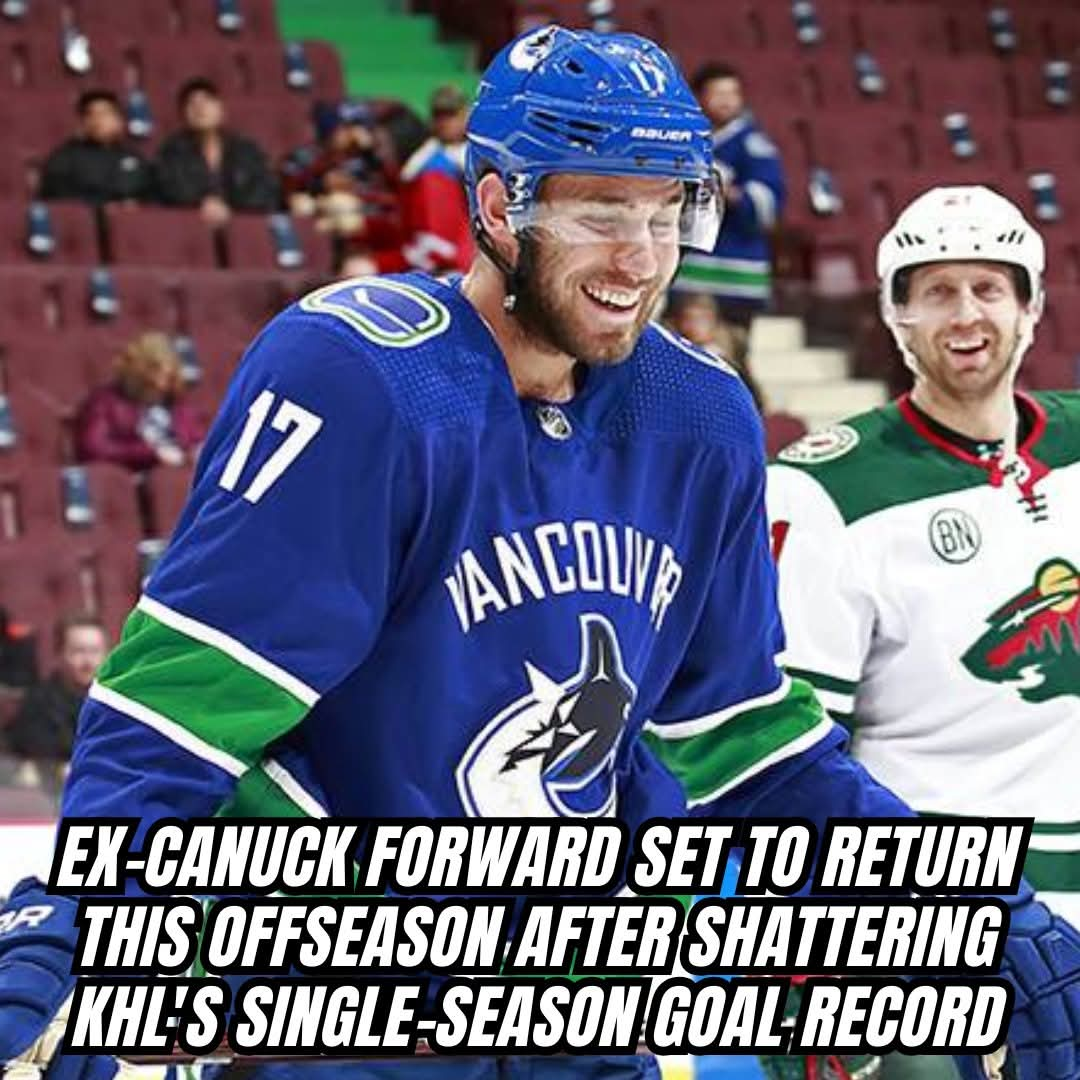Extension Talks Between Brock Boeser and the Canucks Remain Unresolved as Free Agency Looms
As NHL free agency nears, one of the Vancouver Canucks’ key players, Brock Boeser, remains unsigned, and the uncertainty surrounding his future continues to grow. With July 1st approaching quickly, insiders are providing fresh updates on the status of contract negotiations between Boeser and the Canucks’ front office.
In recent days, Rick Dhaliwal, a well-known Vancouver hockey insider, shared insights into the ongoing contract discussions. During his appearance on the Halford and Brough Show, Dhaliwal outlined the challenges both sides face as they attempt to reach an agreement before Boeser officially hits the open market.
Boeser, who had a solid year with the Canucks and remains one of their most reliable offensive contributors, expressed some hesitation about returning to Vancouver when the season ended. At a postseason press conference, he acknowledged that it was unlikely he would re-sign with the club. That admission sparked immediate speculation that Boeser would test free agency.
Since then, however, there have been behind-the-scenes efforts to keep Boeser in Vancouver. According to Dhaliwal, the Canucks have been in regular contact with Boeser’s agent in hopes of working out an extension. The team has not given up on retaining the 27-year-old winger and has made it known that they are serious about continuing the relationship.
Despite those conversations, Boeser reportedly still favors exploring the free-agent market. Dhaliwal emphasized that Boeser’s camp has not ruled out returning to Vancouver eventually, but they are prepared to see what options are available league-wide before making a final decision.
“The Canucks keep in contact with his agent,” said Dhaliwal. “They are showing interest, but it sounds like Boeser wants to test July 1st.”
The main obstacle, Dhaliwal revealed, isn’t salary—it’s the length of the contract. While most teams, including the Canucks, are willing to meet Boeser’s desired financial terms (likely upwards of $8 million annually), there’s hesitation about committing to a long-term deal.
“Term is the big issue with Boeser,” Dhaliwal explained. “It’s not money. Are teams going to give him seven years? The Canucks are at five years.”
This sticking point has left both sides at an impasse. While Boeser is believed to be seeking a deal that gives him security deep into his 30s, the Canucks appear reluctant to offer anything longer than five years. This difference in contract length remains the biggest barrier to finalizing a deal before the market opens.
If Boeser doesn’t receive the kind of long-term offers he’s hoping for in free agency, it’s entirely possible the Canucks will have another opportunity to re-engage and potentially bring him back. Dhaliwal indicated that Boeser wouldn’t necessarily close the door on a return to Vancouver if things don’t play out the way he hopes elsewhere.
“If things don’t go his way,” Dhaliwal said, “I get the feeling that Boeser would be willing to talk with Vancouver again.”
This suggests that Boeser’s departure isn’t a foregone conclusion. While it seems increasingly likely that he’ll test the waters when free agency opens, the familiarity and fit he has in Vancouver could still be a compelling draw—particularly if teams shy away from giving him the seven-year term he’s targeting.
Boeser has been with the Canucks since being drafted 23rd overall in the first round of the 2015 NHL Draft. Over the past several seasons, he has grown into a key offensive presence, known for his goal-scoring ability and strong presence on the wing. In the 2024–25 season, he was a consistent contributor and helped the Canucks remain competitive in a tough Western Conference.
General Manager Patrik Allvin and President of Hockey Operations Jim Rutherford are now facing pressure to finalize their plans quickly. Free agency will not only bring potential offers for Boeser from other teams, but it will also shape the Canucks’ offseason decisions moving forward. Losing Boeser would leave a significant hole in the lineup—one not easily filled through the open market or internal development.
With the Stanley Cup Final wrapping up and offseason business about to pick up steam, Vancouver’s front office will need to act decisively. If they want Boeser to remain a cornerstone of the roster, they’ll need to find a way to bridge the gap in contract length. But if Boeser remains set on testing free agency, it’s just as likely the Canucks could find themselves forced to replace one of their most consistent scorers.
For now, the story remains fluid. Both Boeser’s camp and the Canucks have expressed interest in staying together, but time is running out. If no deal is reached by July 1st, Boeser will officially be free to speak with and sign with other NHL teams, opening the door to a new chapter in his career—or possibly, the continuation of one in Vancouver.
As the countdown to free agency continues, all eyes in Canucks Nation will be on what moves the front office makes next—and whether Brock Boeser will remain in blue and green for years to come.



